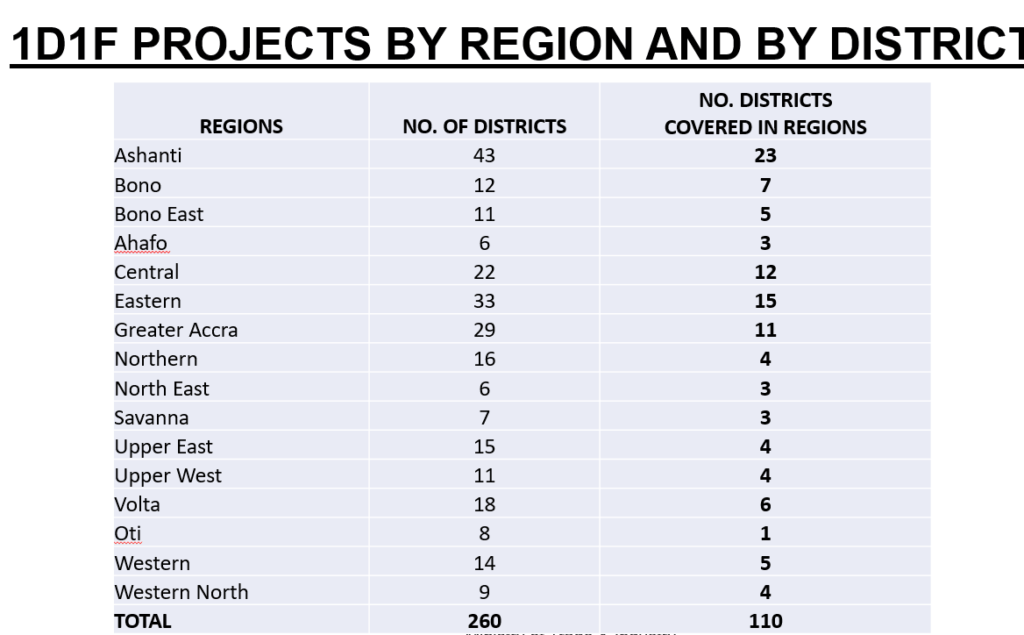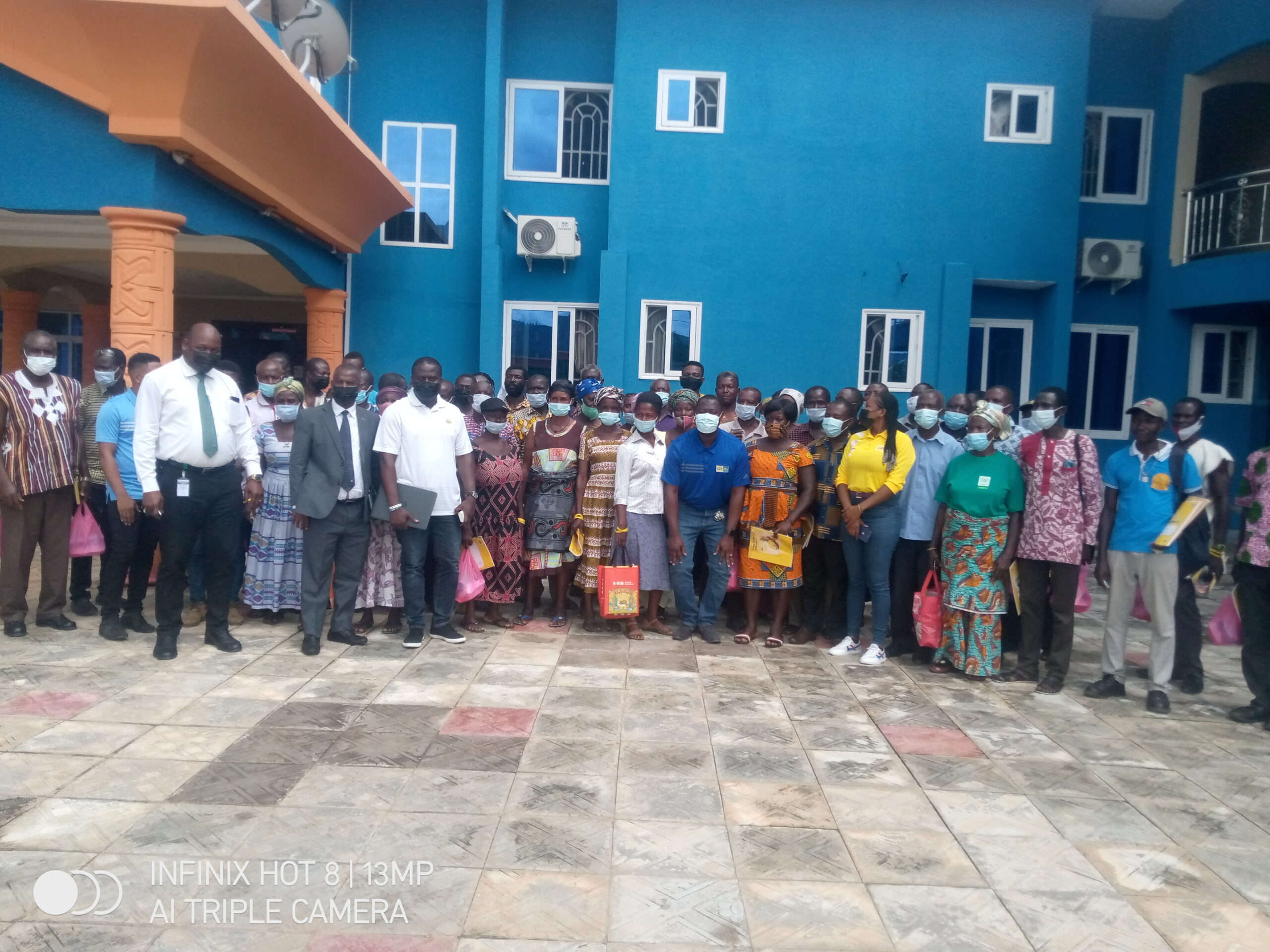Nothing Wrong With Reclassifying Existing Factories Under 1D-1F
Mr Kwaku Gyasi, Public Relation Officer for One District One Factory Secretariat says there is nothing wrong with government attaching the existing companies supported under government’s flagship (1D1F) policy as part of the initiative.
Speaking to Rite Morning Ride host Austin Ofori Addo, Kweku explained that the seeming detachment of government-backed enterprises from the programme is a ‘misunderstanding’ that must be reconsidered.
“1D1F consists of both existing and new enterprises… Are you suggesting that if a company that is located in a district that has potential and is doing well and requires support, we should not support that company but rather proceed to create a new one? No, I don’t think so.”
The Akufo-Addo-led administration in August 2017, launched the One District One Factory policy to create conducive environment for each local government areas to own factories relative to their well-endowed resources and capacity to provide jobs and wealth for the country.
A cross-section of Ghanaians, since the rollout has widely interrogated the progress of facilities under the programme and the capacity in which some pseudo-private establishments are classified as offshoots of the initiative.
But the Public Relation Officer of One District One Factory Secretariat holds the view that the 1D-1F policy is not “meant for government to establish state enterprises. It is led by the private sector but led by government”.
He noted that One hundred and eighty-one factories have been enrolled under the government’s 1D-1F programme since its launch in 2017.
According to him, “fifty-seven of them are currently operating, while 22 are still under construction.”
This was made known by the Mr Kwaku Gyasi, Public Relation Officer of One District One Factory Secretariat in his interaction with Rite Fm.
Giving a breakdown of the figures, he said 33 factories being financed by seven local banks commenced their operation before the end of 2019.
The 56 small-scale processing facilities will be owned by youth groups who will be trained to manage the facilities.
This, according to him, is to ensure that the youth are not left out of the 1D1F programme.

By: Austin Ofori Addo/ritefmonline.org


